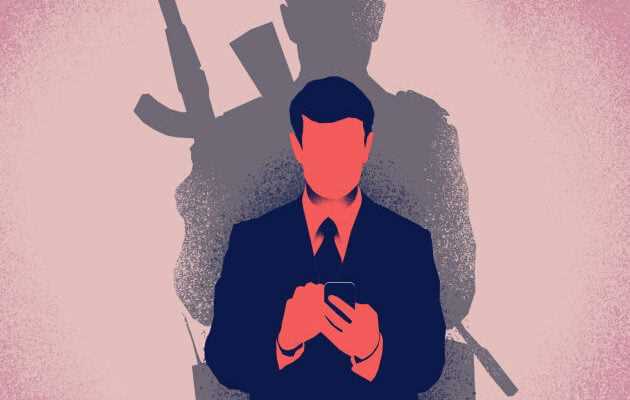InvestigationAn internal report denounces the management of the Iraqi branch of the telecoms company, which had refused to leave Mosul despite its conquest by the terrorist group in 2014, reveal internal documents obtained by the International Consortium of Investigative Journalists.
It was, at first, only a trivial case involving an employee with excessively high expense reports. But it is a real Pandora’s box that the internal investigators of the Swedish telecommunications group Ericsson opened in 2018, by looking into the practices of this executive of the group stationed in Iraq.
That this employee embezzled more than 308,000 dollars (approximately 270,000 euros) via a slush fund involving suppliers of the Swedish equipment manufacturer was ultimately only the visible side from the iceberg. The person took the door on January 16, 2019, but the investigators continued their work by interviewing twenty-eight people and analyzing 22.5 million emails and 4 terabytes of data.
Corruption, conflicts of interest, suspicious transactions, and even suspicions of indirect financing of terrorist groups… The confidential results of this internal investigation, submitted to the group’s management in December 2019 and obtained by the International Consortium of Investigative Journalists (ICIJ ) as part of the “the Ericsson List” survey, draw a damning observation of the practices that took place in the Iraqi branch of Ericsson between 2011 and 2019.
Bypass customs
The Swedish group kept these internal investigations secret for more than two years. Until the ICIJ and its partners question him about it. Failing to answer our questions, Ericsson broadcast, on February 15, 2022 to the press, a press release evoking one of the most burning points of the report : the possible payment of bribes to the Islamic State organization (IS), which proclaimed its “caliphate” in June 2014 over a third of Iraq (and Syria), before being defeated there end of 2017.
The confidential report examined by The world and the ICIJ brings embarrassing details to events that took place in 2016-2017, when Ericsson used the transport company Cargo Iraq to transport equipment from the autonomous region of Iraqi Kurdistan, in the northeast of the country , to the Sunni province of Anbar, in the West. At the time, the subcontractor offered two types of services: on the one hand, the track “legal”, barred from long and costly Iraqi customs checks; on the other, one ” Expressway ” crossing territories where the Islamic State organization was still present, and where the Iraqi Shiite militias affiliated with Iran, which participated in the reconquest of the territories fallen under the control of the jihadist group, established their control.
You have 74.19% of this article left to read. The following is for subscribers only.
